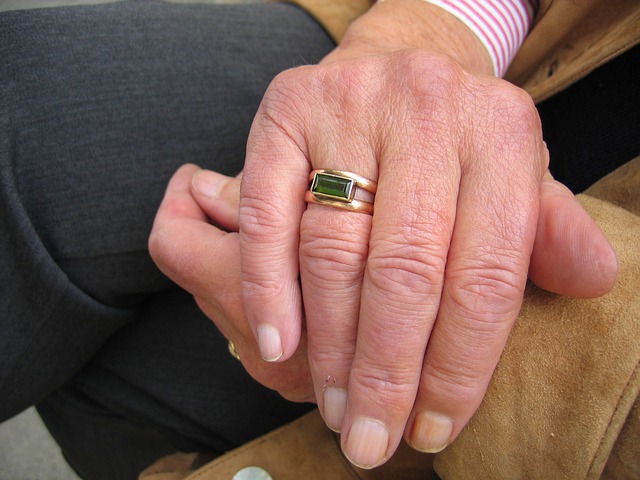
There are many things to consider when giving home care to a loved one just like home care in Charlotte, NC | Green Pastures, and the Alzheimer Association offers a helpful checklist of safety precautions. Getting help may be necessary to help with stress, staying on top of medication, and scheduling doctor’s appointments. Here are a few best practices to help with all of these concerns. Here are a few tips on how to stay calm and confident in your abilities.
Table of Contents
Getting help
Depending on the needs of the elderly family member, getting help with home care can be an expensive endeavor. There are several ways to save money and still provide the care your loved one needs. A Medicaid waiver program can help you pay for caregivers in exchange for a percentage of the total cost of the services. Contact your local Medicaid office to find out if you qualify. Then, you can look into hiring an in-home caregiver.
In-home care services assist with daily activities, such as bathing, dressing, and eating. Home health agencies and organizations provide in-home help to eligible individuals. These services vary in cost and eligibility. In many cases, you will have to pay for the services yourself, but some local communities have volunteer groups that can help. These organizations provide home health care and other assistance to senior citizens. In addition, these organizations can coordinate care among various health care providers.
Managing stress
Caring for an elderly family member can be stressful, but self-care is essential to managing stress while caring for a loved one. Try going to bed at the same time each night and get seven to nine hours of sleep. Limit screen time before bed, keep your room dark, and spend a few minutes journaling. You may also want to join a local support group or visit your local Extension office to learn techniques to reduce your stress.
In addition to limiting your exposure to stressful situations, try to get physical. Exercising will help you clear your mind and reduce your stress. It will help you connect with your senses, which will help you focus on the present moment and manage stressful thoughts. Also, try to schedule some time to relax every day. This can be done by making time for meditation, exercising, or enjoying an enjoyable activity. Managing stress is easier said than done, but a robust support system and friends are essential protection against stress. In addition, friends and family members can help relieve the pressures and responsibilities of caring for a loved one.
Staying on top of meds
Managing medications can be complex, especially for caregivers who are unfamiliar with the elderly. Many caregivers discontinue their medications or increase their doses without consulting their primary care provider. Listed below are tips for staying on top of meds when home caring for a family member. Keep the following information in mind:
List all of the medicines taken by your loved one. A sample medication record form is available online. Include all prescription drugs, over-the-counter medicines, vitamins and nutritional products, and herbal remedies. Share the list with your doctor and pharmacist. Give your loved one a full copy of the list if possible. Once you have the list, share it with your loved one’s doctor.
Managing doctor’s appointments
Managing doctor’s appointments for home care for a family member may be challenging, but there are ways to make them more accessible. Keep a large calendar nearby and note follow-up appointments in bold ink. Bring a list of current medications and symptoms, so you know when to call the office. Always ask the doctor about any side effects of the drug your loved one is taking.
Before the medical appointment, sit down with your loved one and discuss their needs. Prepare a list of questions for the doctor so you don’t forget something important. Listen carefully to what the doctor says, and note the information they offer. If you have questions or concerns, have a caregiver accompany your loved one to the appointment. For example, the doctor will likely want to know what medications and supplements are used.
Creating a care plan
If you are looking for a way to make your loved one’s life easier, you may want to create a care plan for your family member. By putting together a plan, you can make the process more efficient and minimize your stress. For instance, you may want to keep updated files with significant medical and financial information. You can also include legal documents and any medications. By having a care plan, you and your family can make quick decisions in times of emergency.
Creating a care plan for home care for a family member should include important information such as the needs and wishes of your loved one, any religious affiliations, and any family members who live near them. This plan can then be updated as necessary as you and your family member’s condition changes. Be sure to communicate with your caregiving team regularly to discuss any changes in the care plan and to keep them informed.
